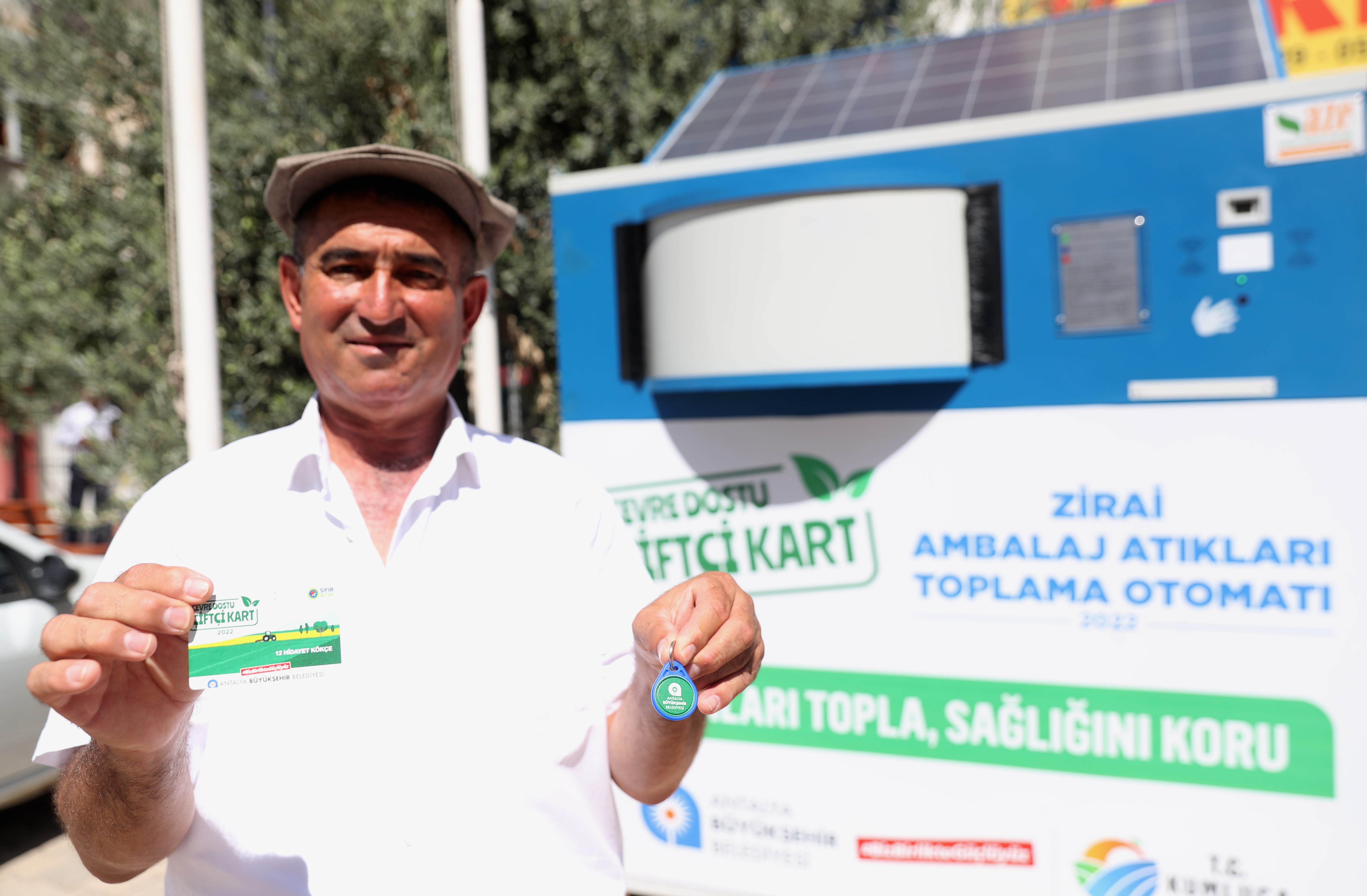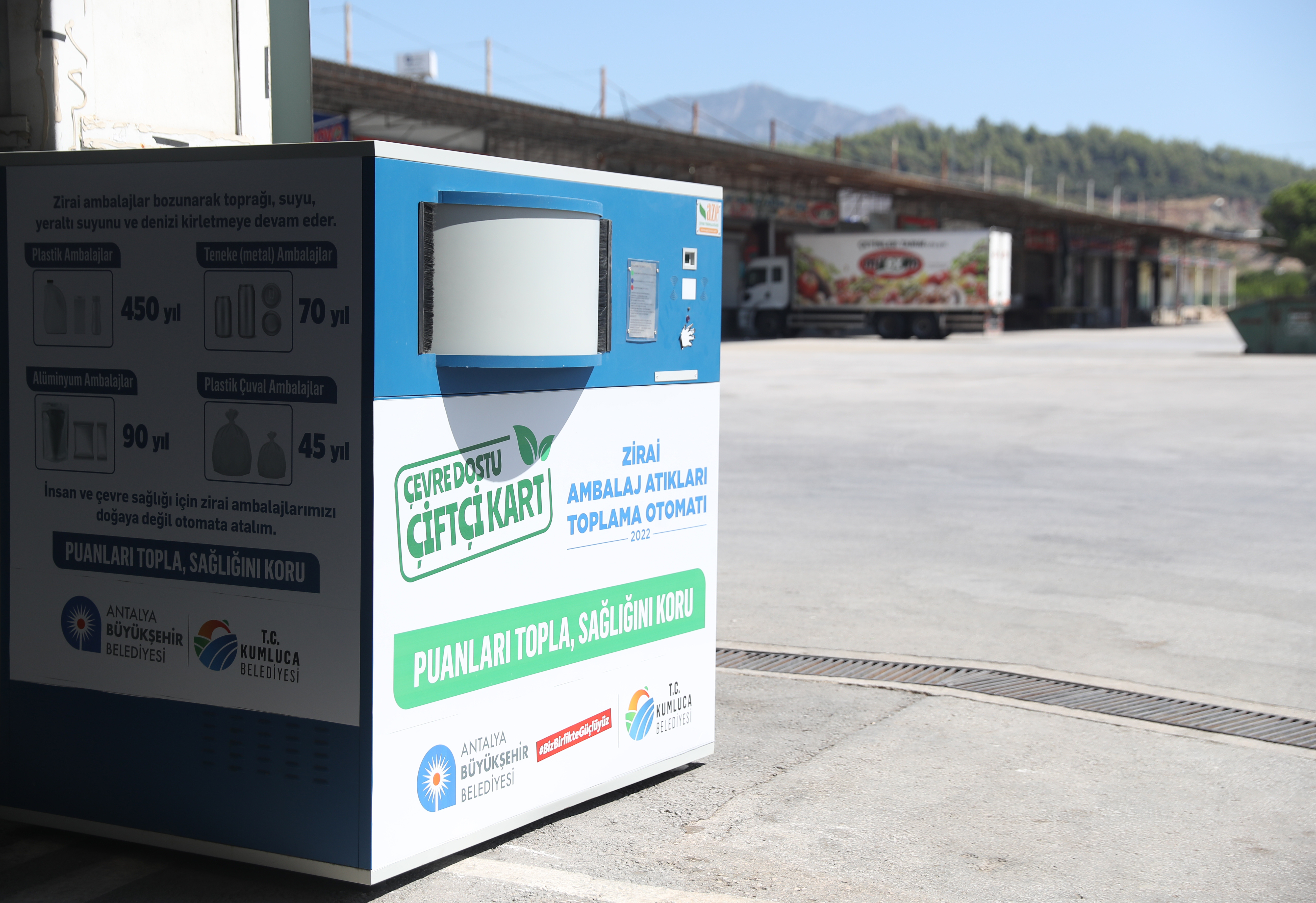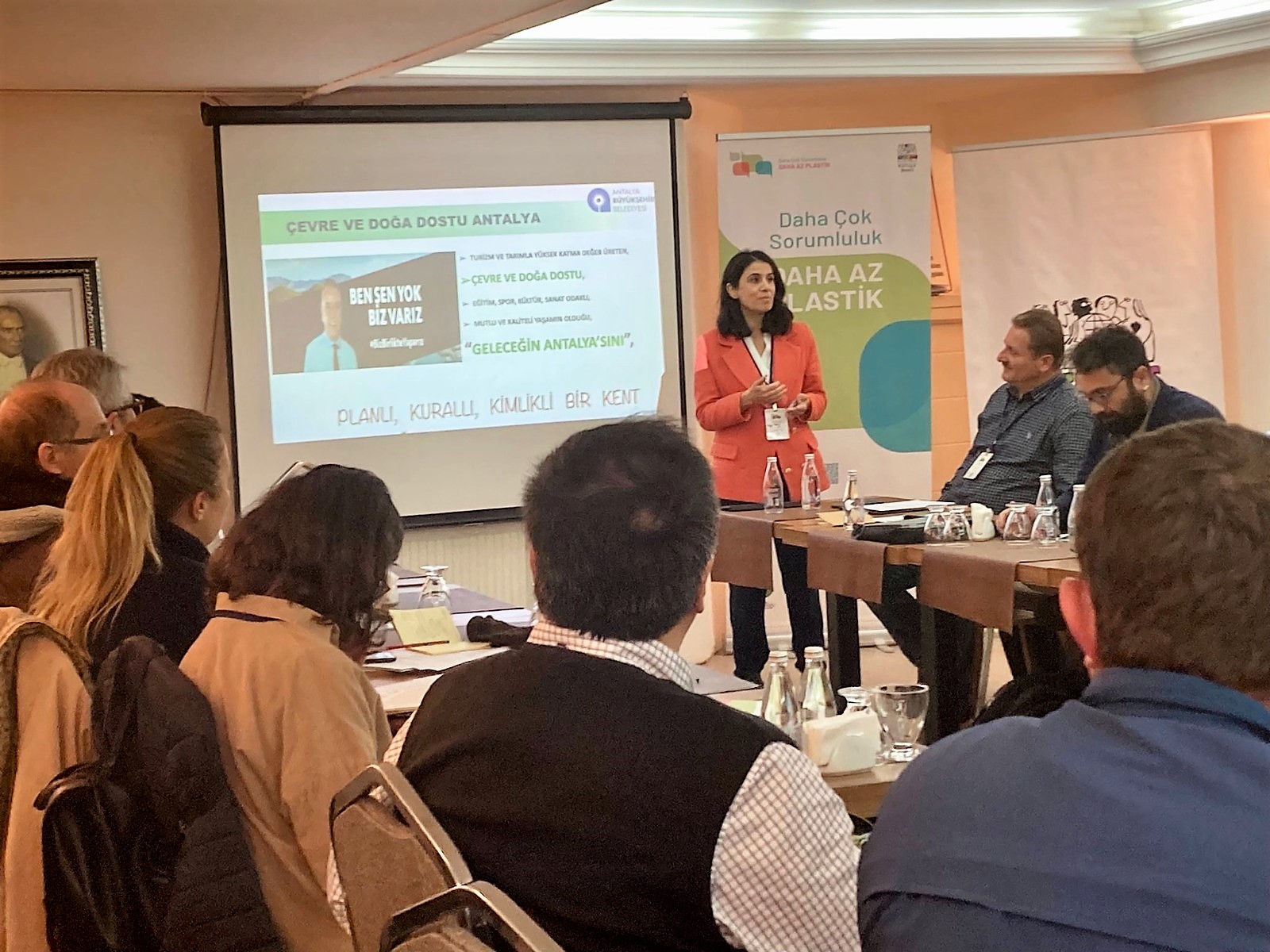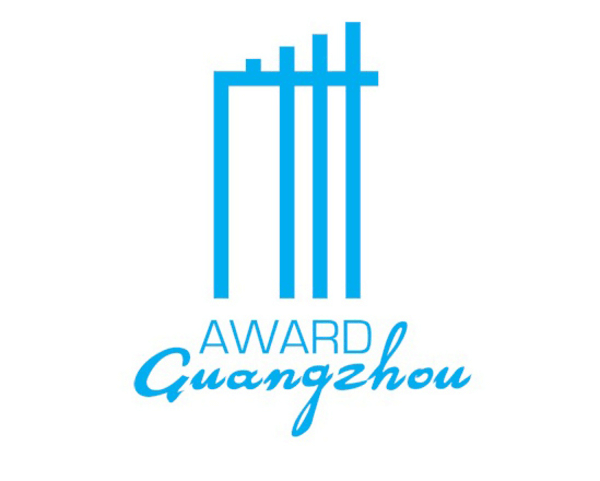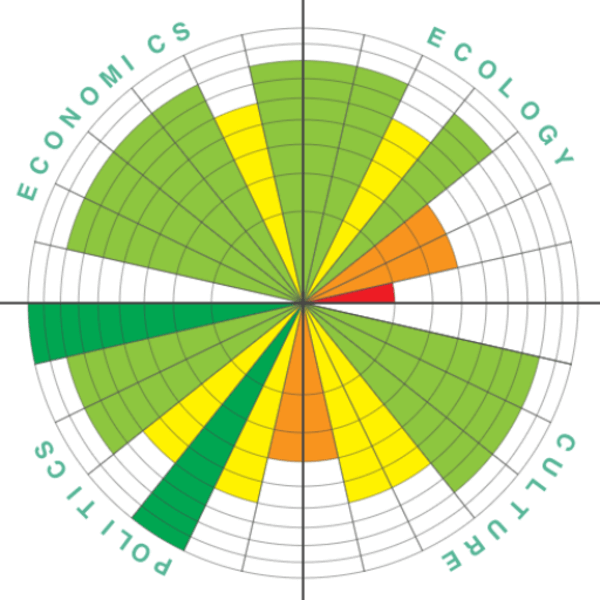Status
ongoing
50%
City
Antalya
Main actors
City Government, Private Sector, Community / Citizen Group, Research Institutes / Universities
Project area
Whole City/Administrative Region
Duration
Ongoing since 2016
Antalya's municipality has launched the innovative Eco-Friendly Farmer Card Project to address the pressing issue of hazardous agricultural packaging waste, a significant environmental and health concern in the city due to intensive farming activities. The project's objective is mitigating plastic pollution from pesticide-laden packaging, which harms soil, causes pollution, and indirectly contaminates 98% of Antalya's drinking water.
This initiative introduces a sustainable system featuring sun-powered, fire-resistant smart containers, known as "Waste Vending Machines." These machines are monitored 24/7, utilizing magnetic keyfobs distributed to farmers for access. When farmers deposit agricultural waste packaging, it's automatically weighed, and they receive reward points on their keyfobs. An associated mobile app, "Çevre Dostu Çiftçi" allows farmers to track their points, rewards, and vending machine locations.
Participants receive incentives like air-heat-humidity sensors, greenhouse materials, and practical tools for farming. Additionally, farmers undergo training and receive guidance on identifying and properly disposing of hazardous packaging waste in vending machines. This service is available to registered farmers, making a significant contribution to environmental sustainability, the circular economy, and reduced carbon emissions, marking a groundbreaking development in Türkiye's environmental efforts.
Guangzhou Award
This project was shortlisted for the 'Guangzhou Award' in 2023.
External links / documents
On Map
The Map will be displayed after accepting cookie policy
